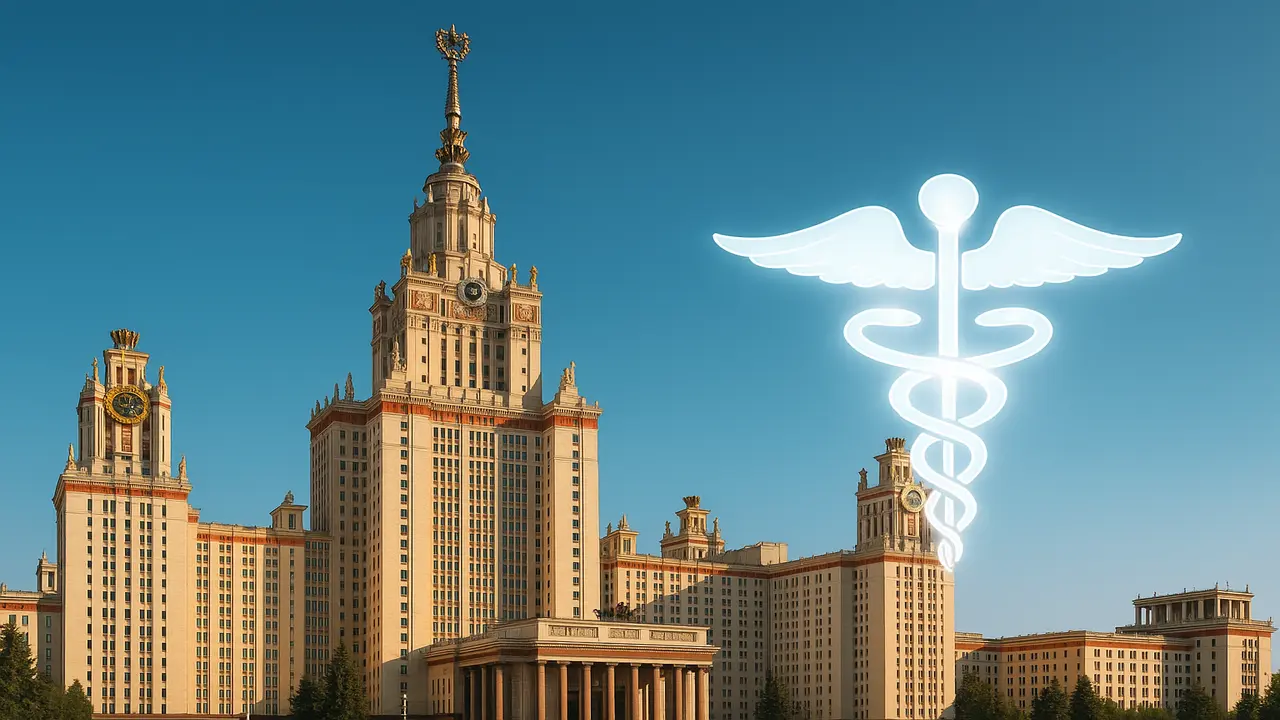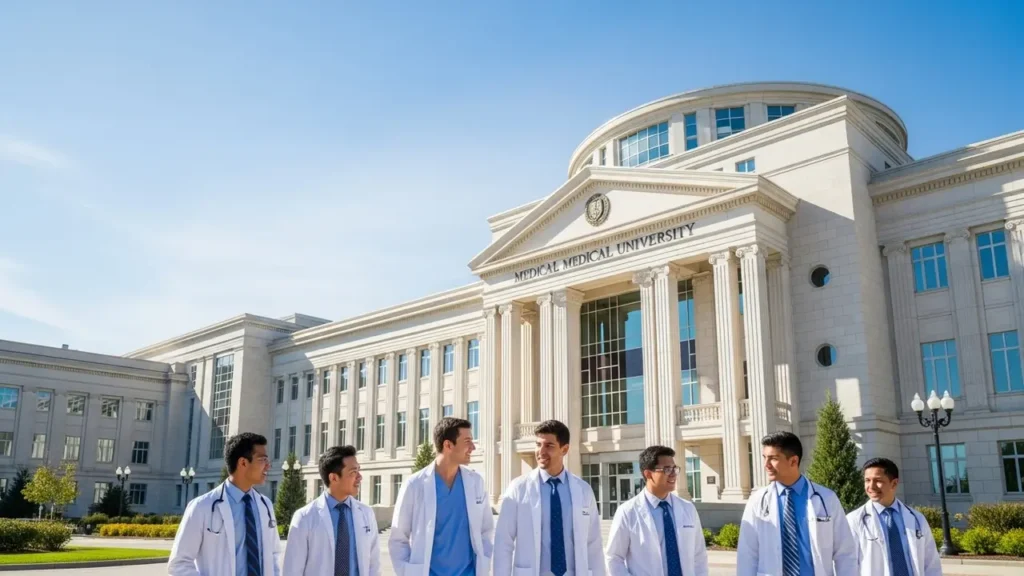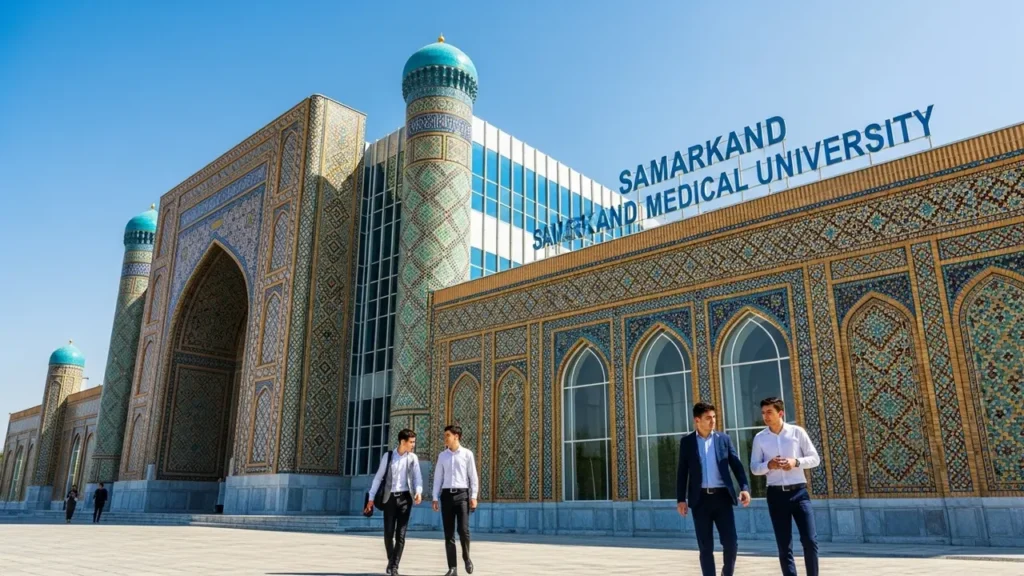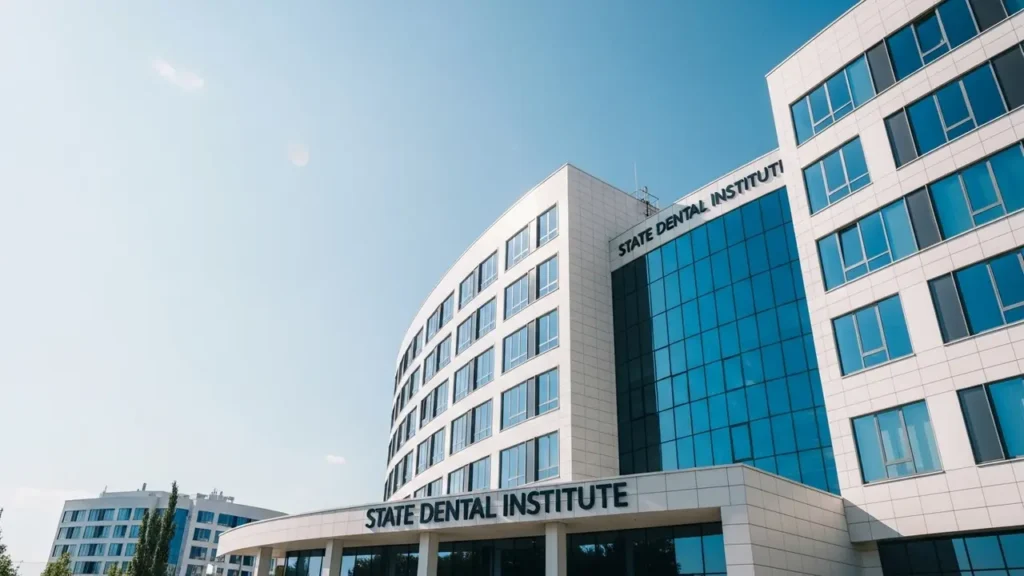Your No-Stress Guide to Picking the Right Medical School in Russia
Let’s be real – choosing where to become a doctor feels like standing in a candy store with 100 flavors. Russia’s medical schools look shiny from afar, but how do you avoid the sour ones? I’ve seen students panic when their “English program” suddenly required Google Translate for surgery lectures. You deserve better.
The 3 Non-Negotiables Nobody Tells You
Last year, my cousin almost signed up for a program that wasn’t NMC-approved. Would’ve been tragic after six years of study. Here’s what actually matters:
- Stamp of Approval: Only consider schools on India’s NMC’s official list. This isn’t paperwork – it’s your career insurance.
- Real English Classes: Some schools teach core subjects in Russian after Year 2. Ask current students: “Could you learn brain anatomy without a dictionary?”
- Living Lab Access: A university without its own hospital is like a pilot school without planes. Pirogov University wins here – their students start clinical rotations in Year 3.
The Hidden Costs That Sneak Up On You
Moscow’s top schools charge €7,000/year…but wait. My friend Anika discovered her dorm didn’t have heating in -20°C winters. Here’s the real math:
- Kazan University: €3,800 tuition + €200/month living costs
- Sechenov (Moscow): €7,200 tuition + €500/month living costs
- Kabardino-Balkarian: €2,900 tuition + €150/month (but smaller city life)
Pro tip: Budget for summer flights home. That €300 round-trip from Moscow hurts less when planned early.
When Paperwork Can Break Your Dreams
The visa process isn’t scary – if you know the steps. Last month, I helped 12 students navigate this:
- Get admission letter (takes 4-6 weeks)
- Medical check-up with 6 specific tests
- Submit documents through Russia’s online portal
- Interview at embassy (they’ll ask about your anatomy textbooks)
The Deadline Trap Most Miss
March 2025 seems far away? Top schools like Sechenov fill their 150 English seats by November. But here’s a loophole: Apply to 2-3 schools by October 1st. You’ll have backup options if your first choice fills up.
Final thought: This isn’t just about becoming a doctor. It’s about becoming a doctor who can actually practice. Choose a school that gives you both the degree and the skills to use it.






